
Algorithms & Culture Research
This group brings together scholars from the humanities, social sciences, and computational sciences to explore the political, social, and cultural implications of algorithms used by social media platforms. The goal is for humanists and social scientists to get a better idea of how social media algorithms function, while introducing computational scientists to some of the emerging critiques of big data and algorithmic culture in the humanities and social sciences.
To learn more about this working group, please contact its co-directors, Brian Ekdale (brian-ekdale@uiowa.edu) and Rishab Nithyanand (rishab-nithyanand@uiowa.edu).
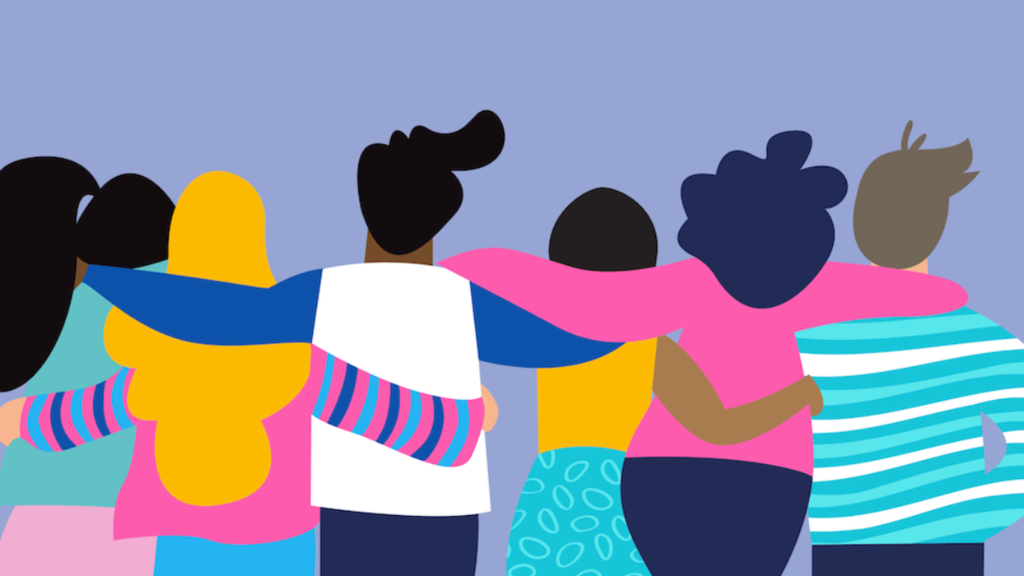
Antiracist Education: Changing Practices, Curriculum, & Policies
This working group will bring together educators from across content areas in K-12 public school and higher education, including teachers, administrators, researchers, teacher educators, and graduate students, to confront the realities of inherent racism in education at both the macro and micro levels. Our goals as a working group will be to develop and enact practices and policies that center and uplift the voices of our Black, Indigenous, and Students of Color. Being antiracist educators requires us to work as a collective in order to unlearn systems that have normalized the dominant groups’ ways of learning and teaching. Our aim will be to craft new educational pathways with antiracism at its foundation in this particular geographic region of the Midwest. In this specific region, we believe that racism exists in a unique disguise of “niceness.”
To learn more about this working group, please contact its co-directors, Saba Khan Vlach (saba-vlach@uiowa.edu) and Tasha Lindo (tasha-lindo@uiowa.edu).
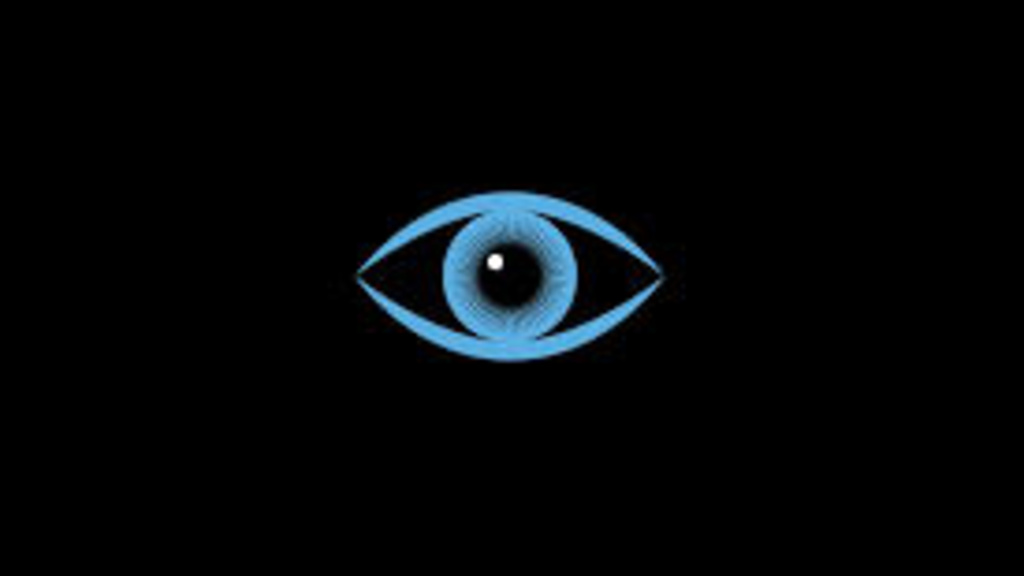
Black Visual Culture
This group will bring together faculty and graduate students from across campus who work in the interdisciplinary field of Black visual culture. Together, they will take up such questions as: How have Black authors, artists, and activists combined words and images to create new ways of being and knowing? How might the Black radical representations of the past infuse and transform how we understand the art and literature of our current moment? And what are the pedagogical approaches and the stakes of teaching Black visual culture now? The Black Visual Culture working group will provide a forum for cross-disciplinary conversation about these and other topics.
To learn more about this working group, please contact its director, Hayley O'Malley (hayley-omalley@uiowa.edu).
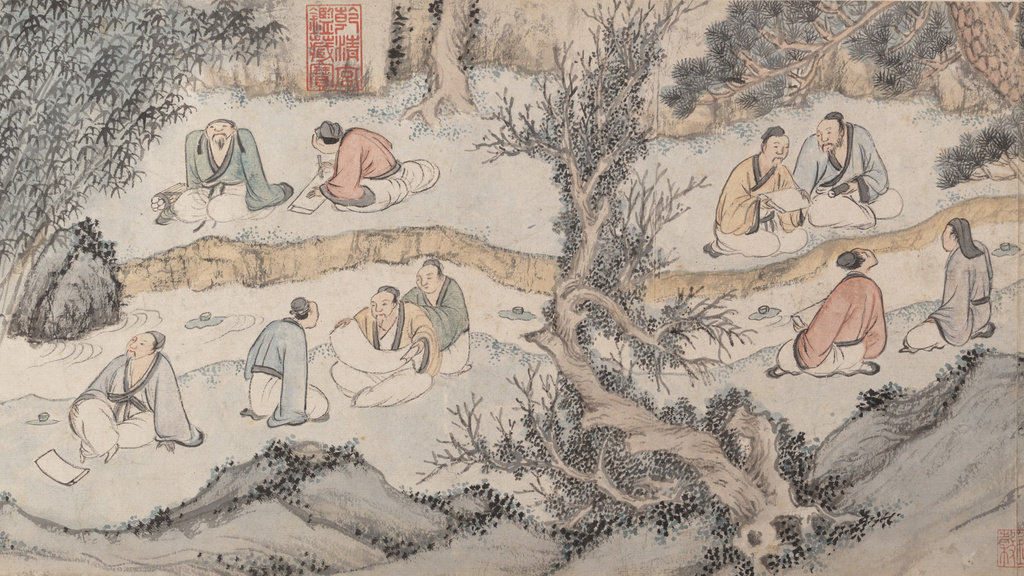
Chinese Humanities & Arts
This working group brings together scholars from a variety of disciplines, including history, art history, literature, religious studies, and translation. We envision our group as a sort of arts and humanities lab with a focus on premodern China, covering nearly three thousand years (from 10th c. BCE through 19th c. BCE). Members will share in-progress research with each other, provide critical feedback, and read related scholarship together. Our purpose for the coming year is exploratory: we hope to learn what intersections and synergies exist across our research interests and projects. We anticipate that some of these areas will become the starting point for joint research collaborations or hosting public events, and hope that eventually our core group can come to serve as a regional hub for premodern Chinese studies.
To learn more about this working group, please contact its co-directors, Newell Ann Van Auken (newellann-vanauken@uiowa.edu) and Amy Huang (amy-huang-2@uiowa.edu).
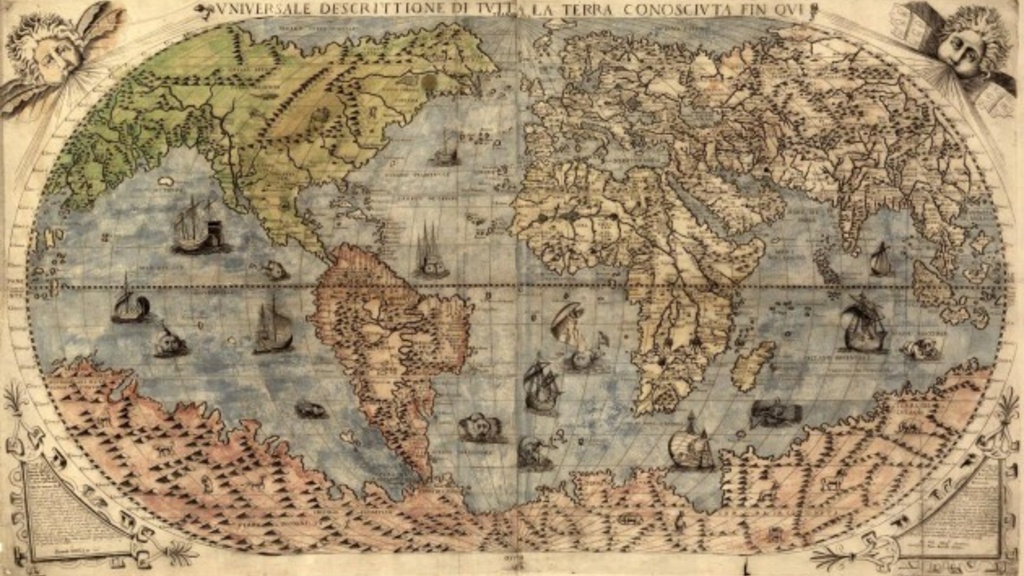
Circulating Cultures
The Circulating Cultures Working Group, now in its ninth year, brings together faculty from a range of disciplines: Anthropology, Arabic, Art & Art History, English, Film Studies, French & Francophone Studies, German, History, Spanish and Portuguese, and Swahili. Group members share a common interest in the circulation of cultures in print, digital, oral, and audiovisual forms, especially as print crosses borders to create transnational disruptions and connections. Topics for individual projects along with collective readings have included the circulation of architectural forms, photography, and film; theories of material culture, literature and deep time, Creolization and hybridity, capitalism and modernity; and responses to environmental crises.
If you would like to learn more about this working group, please contact its director, Elke Heckner (elke-heckner@uiowa.edu).
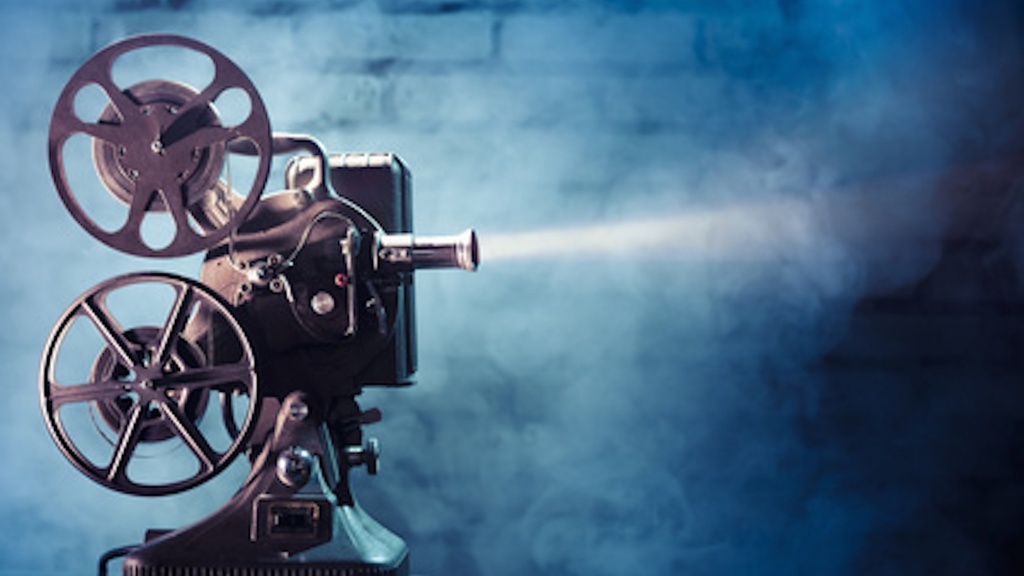
Contemporary Literary & Film Theory
The Contemporary Literary and Film Theory Working Group explores the ways in which debates in contemporary literary theory and film theory do and do not overlap. While the disciplines of literary studies and film studies have developed in parallel since the 1970s, the theoretical debates in each discipline have a more varied trajectory. For example, the disciplines have considered the relation between print and audiovisual culture and processes globalization from quite different perspectives, even though the concept of transnationalism has been a key term in both disciplines for at least decade. Likewise, both disciplines have reevaluated the relation between ethics, politics, and the arts, but have come to different conclusions regarding central aspects of the relation (including matters of subalternity and counter-hegemony). Finally, matters of digital or new media have prompted both disciplines to reconsider previous theoretical work on narrative and discourse.
To learn more about this working group, please contact its director, Kathleen Newman (kathleen-newman@uiowa.edu).

Creative-Critical Practice and Undergraduate Pedagogy
Many academic disciplines (e.g., English, art, music, dance, and film) confront the challenge of how to create an undergraduate pedagogy that bridges the arts and the humanities. Indeed, some of these disciplines have long and valuable experience negotiating this divide. Drawing on a broad range of pedagogy theory, arts education writing, and public humanities discourse, this working group will seek to craft a new vision of craft and critique that might prove beneficial to a range of disciplines.
To learn more about this working group, please contact its director, Harry Stecopoulos (harilaos-stecopoulos@uiowa.edu).
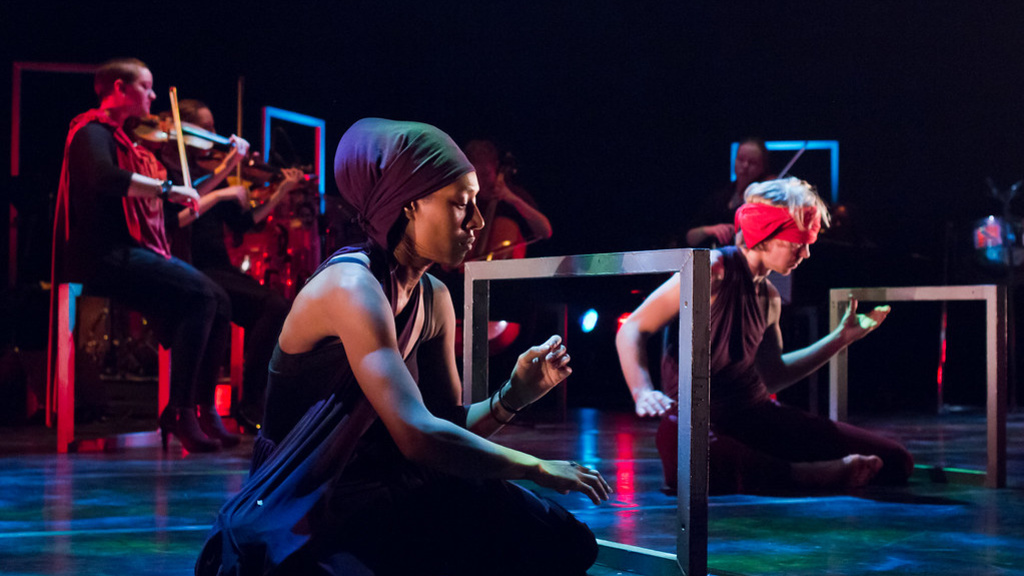
Decolonizing Acting in the Classroom
Members of this working group will educate themselves on anti-racist and anti-patriarchal approaches to teaching theatre performance so that we can evolve as educators and change the way we work in our classrooms. Our field as a whole has been dominated by Eurocentric approaches to text that were developed mostly by white cis males, and we all seek the opportunity to explore alternative ways of working and teaching so that we can start and continue the work of decolonization. The members of the acting faculty would like to engage together in this work, and we invite other members of our community including students to join us.
To learn more about this working group, please contact its director, Kristy Hartsgrove Mooers (kristen-hartsgrove-mooers@uiowa.edu).
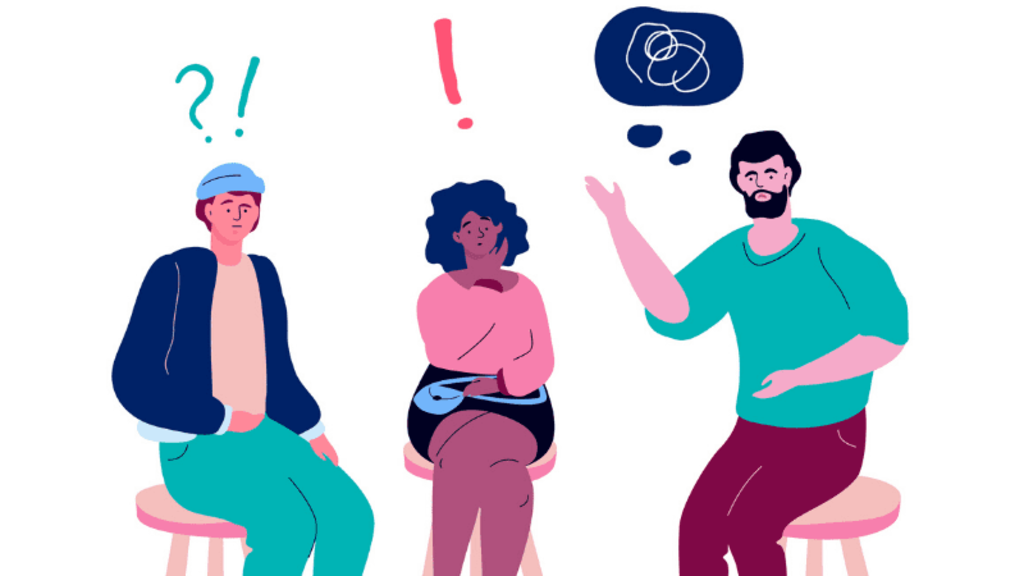
Facilitating Difficult Dialogues
Deliberative communication is necessary for a well-functioning democracy. In order to determine a shared direction to resolve problems that affect all citizens, we need to be able to have productive, difficult dialogues. The goal of the Facilitating Difficult Dialogues Working Group is to outline ways to build skills and support students in engaging in difficult dialogues in a variety of settings. The working group will meet regularly to discuss research and best practices around dialogue, deliberation, and the intersection of freedom of expression and inclusion. The group will examine other institutions to outline innovative ways to engage students around difficult dialogues and review deliberative and difficult dialogue research and programs already occurring on campus.
To learn more about this working group, please contact its co-directors, Teri Schnelle (teri-schnelle@uiowa.edu) and David Supp-Montgomerie (david-supp-montgomerie@uiowa.edu).
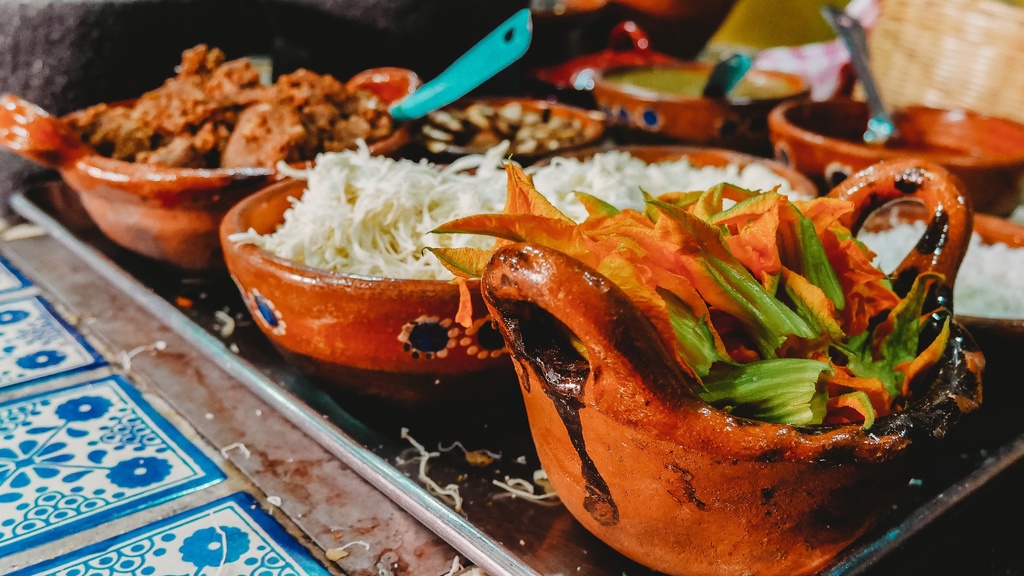
Food Studies
This working group takes a multi- and interdisciplinary approach to expand engagement with Food Studies at the University of Iowa. Given the importance of agriculture to the state’s economy and culture, food systems and sustainability are an important part of the group's conversations. Likewise, many of its members are interested in the role of foodways in culture—for example, as related to identity, globalization, or cultural diffusion/interaction. Importantly, members do not see these as separate fields of inquiry or as distinct from food as a pedagogical tool. Instead, they view food as an ideal lens through which to study the interstices between disciplines and approaches.
To learn more about this working group, please contact its co-directors, Ari Ariel (ari-ariel@uiowa.edu) and Viridiana Hernández Fernández (viridiana-hernandez@uiowa.edu).

Global Media Studies
The Global Media Studies Working Group brings together scholars from the social sciences and humanities to explore enduring and emerging issues in global media research. This working group is the starting point for a collaborate research group dedicated to issues in global media studies research. The end goal of the working group is to establish a sustainable “global media” research group that will conduct large-scale collaborate projects, including comparative research (exploring research questions in various countries or regions) and research that relies on mixed methodologies and new data collection techniques.
To learn more about this working group, please contact its co-directors, Melissa Tully (melissa-tully@uiowa.edu) and Jiyeon Kang (jiyeon-kang@uiowa.edu).
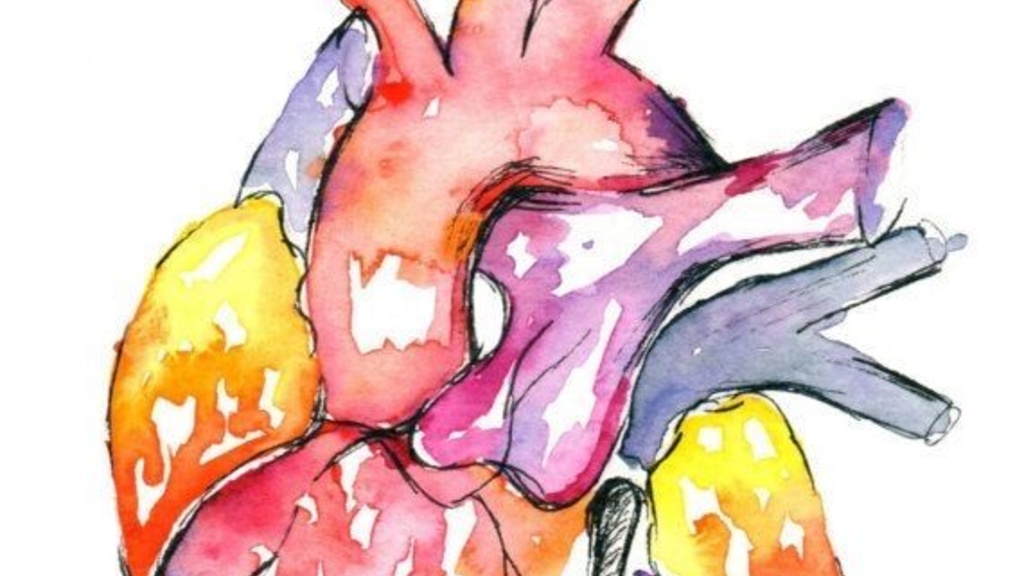
Health Humanities at UI
This group aims to develop the potential for health humanities programming at the UI. Namely, it will explore ways to make health humanities a suite of destination possibilities at University of Iowa that attracts students whose interests and strengths may lie in history, anthropology, the arts, languages, cultures, and particularly writing and communication within a wide array of existing majors, minors, and certificate programs; develop materials that will make this destination a visible presence by learning from what peer institutions have done with websites, physical recruiting and advising materials, conference presentations, and so forth; and explore ways in which health humanities can become a strategy for retention of undergraduates whose career goals were to be (e.g.) doctors, nurses, or physical therapists but whose first-year experiences in the hard sciences leave them at risk of transferring or giving up.
To learn more about this group, contact its director, Kristine Munoz (kristine-fitch@uiowa.edu).
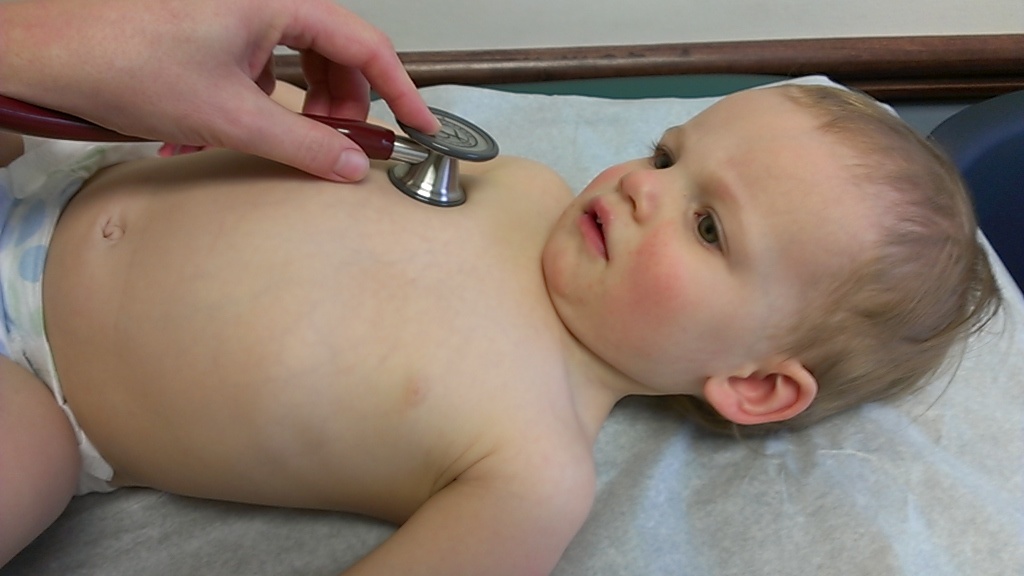
Iowa Integrated Pediatric Pain and Comorbidity
Many chronic pain and comorbid conditions begin in childhood. This group will work to address the needs and gaps identified in pediatric pain management, including improving the understanding of and developing effective prevention and early intervention strategies for commonly co-existing conditions in childhood such as headaches, facial pain, neck pain, and anxiety and depression. The group aims to develop a collaborative multidisciplinary network, to improve interdisciplinary cross-training, to develop interdisciplinary research projects, and to disseminate research results to stakeholders.
To learn more about this group, please contact its co-directors, Hong Chen (hong-chen@uiowa.edu) and Crystal Markfort (crystal-markfort@uiowa.edu).
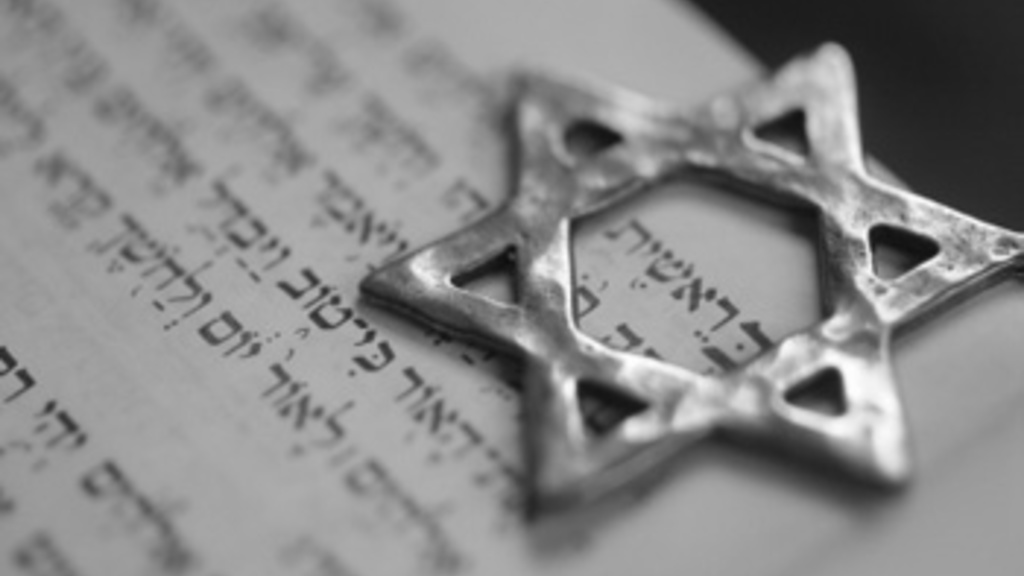
Jewish Studies
This working group will create a community among faculty, staff, advanced graduate students, and community partners with a shared interest in Jewish Studies, sharing research, strategizing about teaching, and engaging the larger community. We do not approach our discussions with a fixed aim, such as creating a Jewish Studies Program or editing a collection of essays. Rather, we see it as our task to explore opportunities for developing the field at Iowa, taking into account faculty, student, staff, and community interest as well as institutional factors. One of our tasks will be simply to explore the questions: “What is Jewish Studies? What do we want it to be?”
To learn more about this working group, please contact its co-directors, Ari Ariel (ari-ariel@uiowa.edu) and Lisa Heineman (elizabeth-heineman@uiowa.edu).
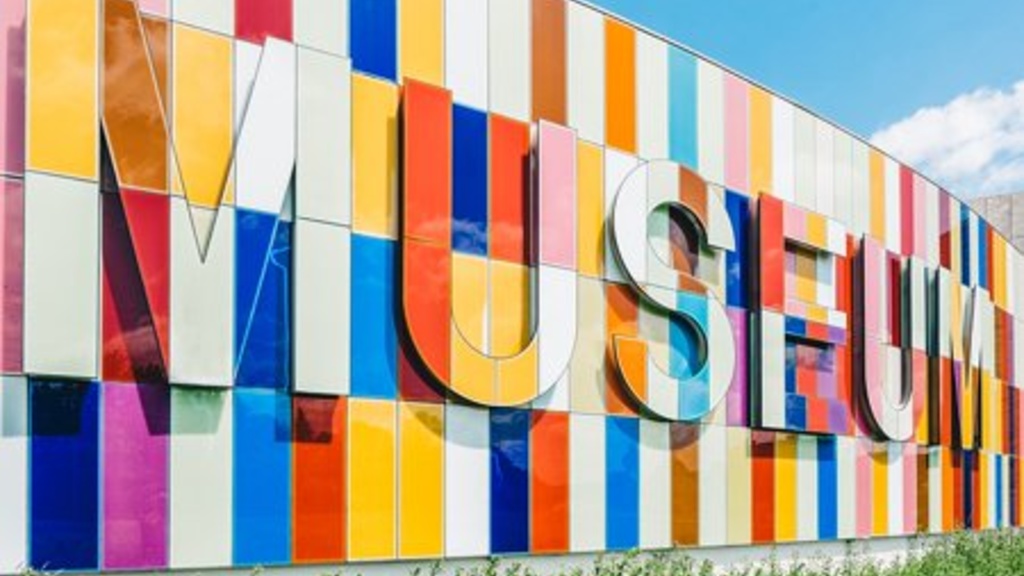
Museum Futures
The Museum Futures working group aims to take up conversations about museums’ colonialist origins and legacies, the exhibition and/or repatriation of objects taken from colonized people, and museums’ and communities’ efforts to increase public access to and engagement with collections. The larger aim of the working group is to garner interest in examining the ways museums have functioned in the past and to examine the ways they are and will continue to transform. The group will explore historical topics as well as those germane to current museum practice through shared readings, vibrant conversation, and presentations of works in progress.
To learn more about this working group, please contact its co-directors, Jen Buckley (jennifer-buckley@uiowa.edu) and Anny Curtius (anny-curtius@uiowa.edu).
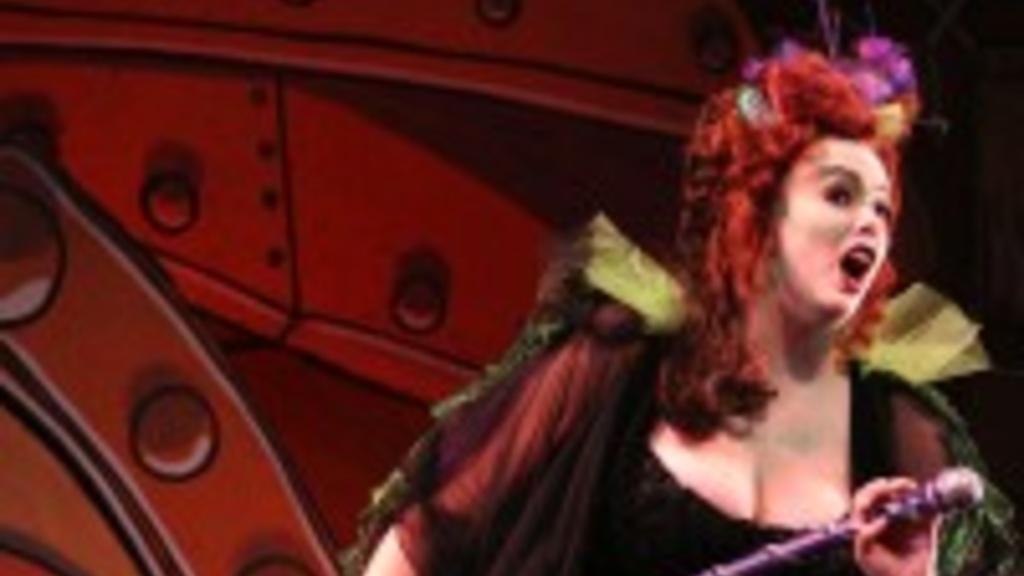
Opera Studies
The Opera Studies Working Group offers a variety of lectures and activities that are free and open to all members of the University and beyond.
To learn more about this group, please contact its director, Waltraud Maierhofer (waltraud-maierhofer@uiowa.edu).
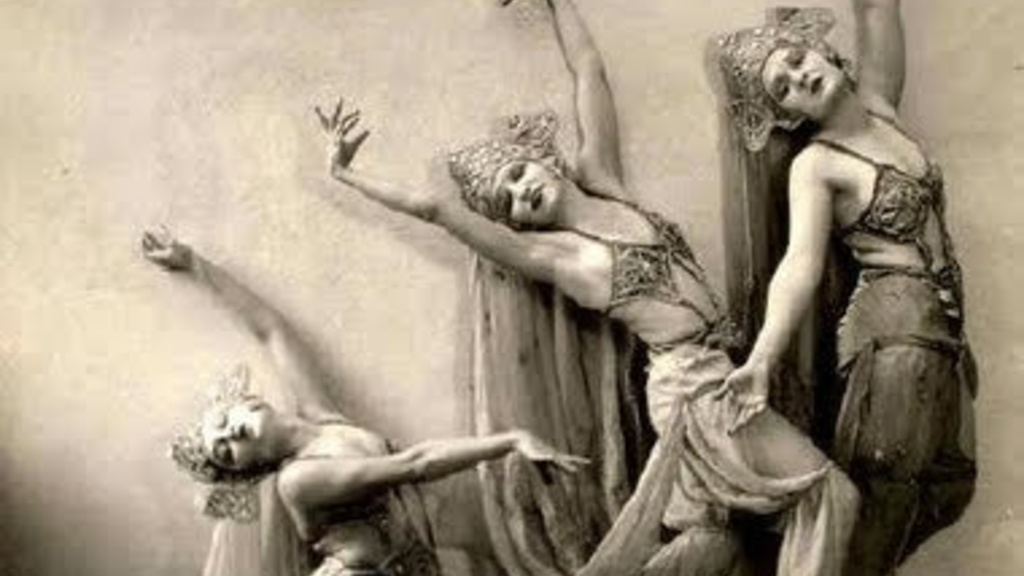
Performance Studies
This working group brings together scholars and artists working in, around, and between all of the fields with which performance studies engages. The group's objective is to provide a monthly forum in which members present, read, watch, listen to, and discuss new scholarly, creative, and cultural work that not only encompasses the entire expanse of performance studies, but also pushes beyond the field’s current frontiers. This group is particularly interested in thinking through the ways in which disciplinary differences manifest in performance studies work.
To learn more about this group, please contact its co-directors, Kim Marra (kim-marra@uiowa.edu) and Jen Buckley (jennifer-buckley@uiowa.edu).

Podcasting across the University
This working group will discuss various aspects of starting and producing podcasts. Discussion topics will include writing, performance, technical skills, curriculum, marketing, and fundraising.
To learn more about this group, please contact its director, Steve Cummings (stephen-cummings@uiowa.edu).

Popular Pedagogy
This group seeks to create a dedicated space on campus for the discussion of popular, or pop culture, pedagogy and its place in instructional design. Members are committed to urging the academy, and the teachers and scholars who compose it, to think about how we make our work connect with general audiences and the swings and preoccupations of the popular imaginary. The group urges us all to consider, through the particularly unifying lens of the popular, how the public and university are not distinct spheres, and the oft-cited image of the ivory tower, disconnected and self-contained, is a dangerous fiction that obscures the constant traffic between the university and the "public," how we who compose it have lives and interests beyond these academic identities outside the university that might productively intermingle, how when we teach, we interface with students who bring complex perspectives and literacies from outside the classroom into it and move again back into that outside world, how in our research we draw on the public world and think about the complex histories and politics that frame it, often making that public or even popular activity the very engine that drives, motivates and informs our production of academic knowledge. In this work of popular pedagogy, we seek to center such reciprocity and exchange, seeing and positioning students and public audiences as stakeholders, contributors, and collaborators in our classrooms and our sense of a university’s purpose.
To learn more about this group, please contact its director, Cassandra Bausman (cassandra-bausman@uiowa.edu).
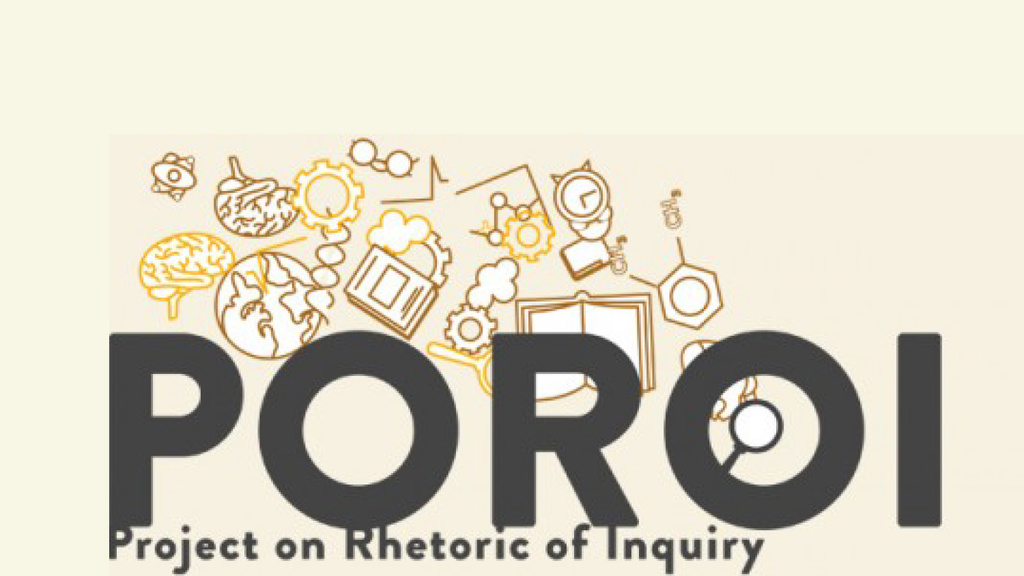
The Project on Rhetoric of Inquiry (POROI)
The Project on Rhetoric of Inquiry (POROI) is an interdisciplinary institute for research and public engagement housed at the Obermann Center at the University of Iowa. Its mission is to explore how scholarship and professional discourses are conducted through argument, how paradigms of knowledge are sensitive to social-political contexts, and how the presentation of scholarly and professional findings involves the recognition and negotiation of audiences.
Since its founding in 1980, POROI has provided resources for strengthening academic inquiry, creativity, and communication in the arts, humanities, sciences and professions. It is especially interested in communicative opportunities and problems that arise at the intersections between disciplines as well as between academia and diverse publics. In these respects, POROI applies the art of rhetoric to the conduct of inquiry. Its concerns range from the invention and construction of arguments to a marked interest in how discourse is interpreted, received, and disseminated in both technical and public spheres of argumentation. POROI is a constituent participant in Iowa’s Writing University Initiative.
To learn more about this group, please contact its director, Naomi Greyser (naomi-greyser@uiowa.edu).
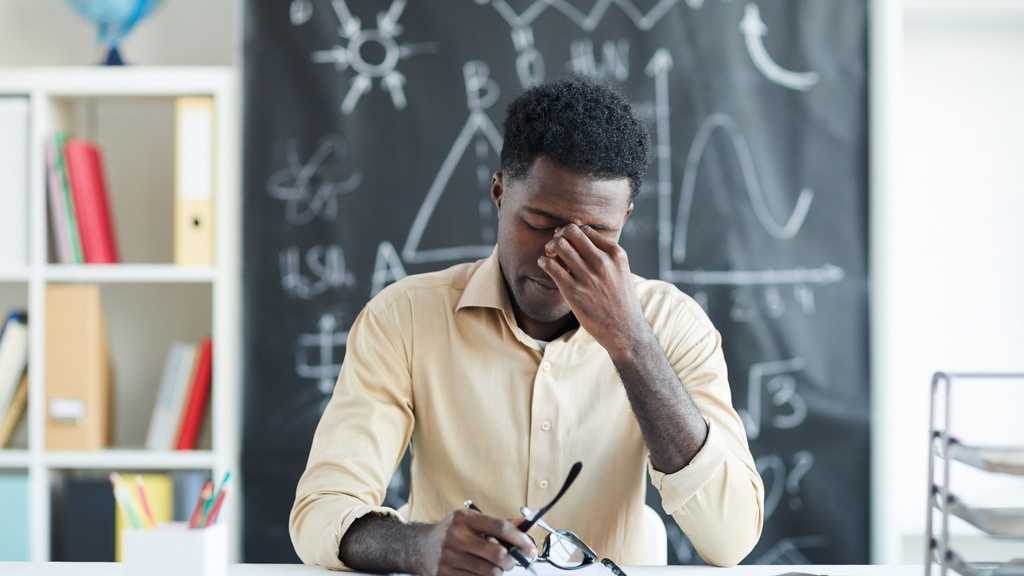
Reconceptualizing the Mental Health Crisis in Higher Education: A Mindful Journey
This working group engages participants, across the campus and beyond, to explore trauma-informed pedagogy, positive psychology, and the philosophy of the health promoting university (via the Okanagan Charter). These lenses are used to analyze the complex issues connected to well-being and mental health in higher education.
We aim to provide a cross-disciplinary space for faculty, graduate students, staff, and community members to explore culturally informed strategies and resources. These will be used to cultivate a culture of care, critical empathy, gratitude, and metacognitive awareness with the intent of addressing experiences such as impostor phenomenon, burnout, compassion fatigue, discrimination, grief and loss, and languishing.
All expertises and experiences are needed and valued. Participants do not have to be mental health experts.
Our goals are to:
1. Discuss how to embed mental health and wellbeing awareness in various aspects of higher education
2. Examine cohesive frameworks of holistic well-being that support structural changes in academic culture
3. Reconceptualize the mental health crisis towards a positive psychology paradigm
To learn more about this group, please contact its co-directors, Anastasia Williams (anastasia-williams@uiowa.edu) and Barry Schreier (barry-schreier@uiowa.edu).
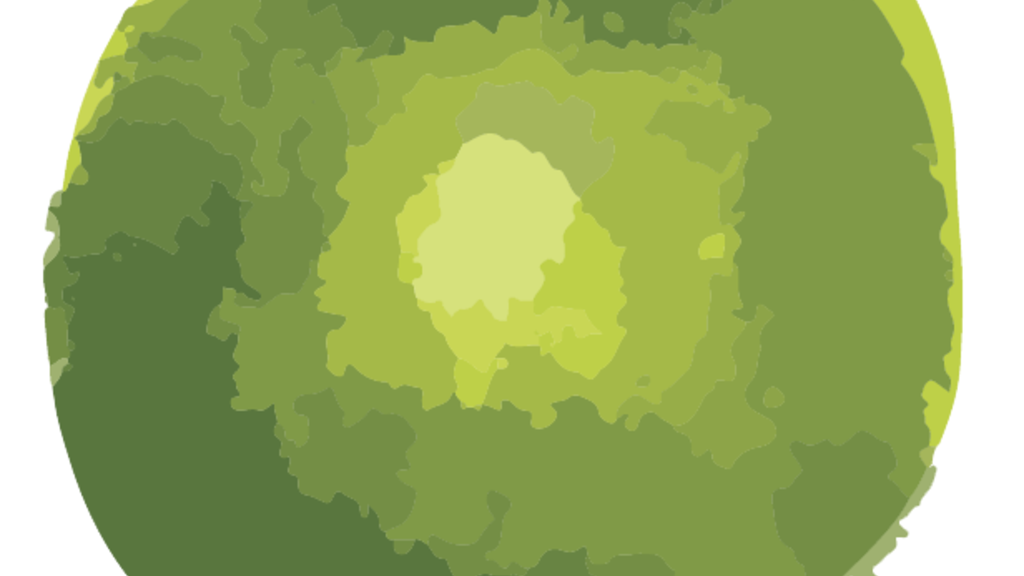
Redesigning Graduate Student Support
Inspired by shared experiences in 2019–2021 Humanities for the Public Good working groups, this group hosts ongoing conversations about issues in graduate student education. We consider questions about mentoring, assessment, the hidden curriculum, gatekeeping, community, and learning in many senses of the word. In addition to faculty and peer mentors for grad students, we are also dedicated to celebrating, crediting, and reimagining the role of staff in supporting graduate students. We recognize the many forms of teaching occurring outside the traditional classroom and seek to uplift voices, experiences, and community partners not usually included in graduate education. We meet three times per semester during the academic year, a mix of virtual and in-person meetings.
To learn more about this working group or to join the next meeting, please contact its director, Katherine Beydler (katherine-beydler@uiowa.edu).
Reproductive Justice
This working group brings together faculty, graduate students, and community activists with diverse interdisciplinary backgrounds to explore urgent matters that center on motherhood and the struggle for reproductive justice. Drawing on anthropology, history, sociology, communication, and critical cultural studies, our goal is to craft a rigorous space of inquiry that can begin to untangle the stakes and challenges (perhaps even potential paths forward) for a complex set of issues that bears meaningfully and immediately on the lives of women and girls in particular and increasingly in the lives of trans and gender non-conforming people. Shared readings will inform an ongoing and nuanced conversation about reproductive politics in local, regional, national, and transnational contexts. Topics include racism and reproductive injustice, teen motherhood and stigma, public policy and legislative initiatives, histories/meanings of motherhood, movements for reproductive health, queer family formation, and how these intersect with immigration, environmental devastation, the rise of white nationalism and white supremacy, and the carceral state.
To learn more about this group, please contact its co-directors, Natalie Fixmer-Oraiz (natalie-fixmer-oraiz@uiowa.edu) and Lina-Maria Murillo (lina-murillo@uiowa.edu).
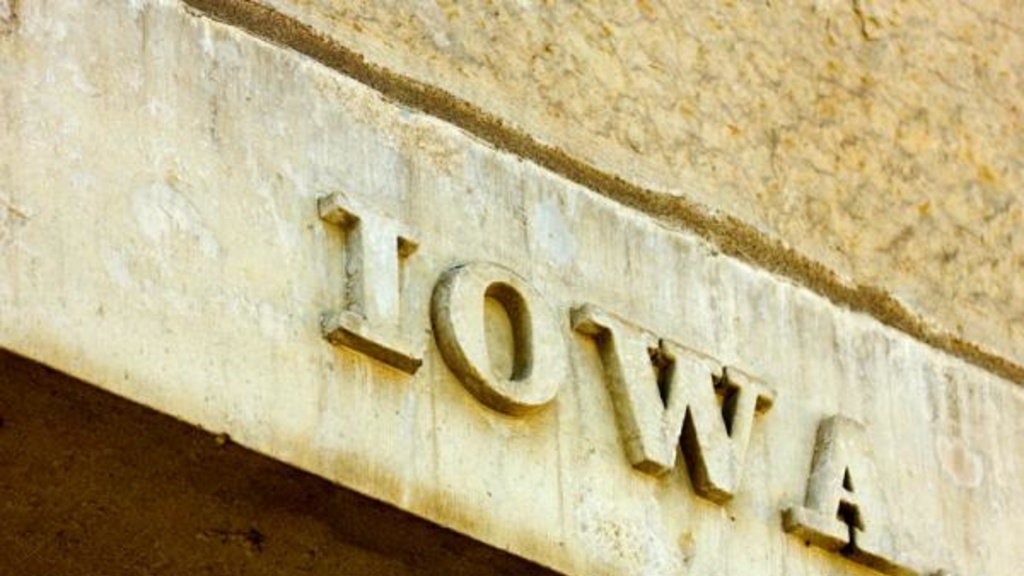
Scholarship of Public Engagement
This working group focuses on reading about the existing research where the voices of community partners are at the center of publicly engaged scholarship. The members of this group believe that at the center of engaged scholarship are campus-community partnerships reflecting careful partnerships and ethical principles of engagement. The group's scholarship often focuses on those who are less powerful and represent groups who are different with regard to race/ethnicity, language, literacy, and class, and face dramatic health disparities and experience gaps in education.
In addition, group members are mindful that engaged scholarship requires time and energy investments and still may not be valued in the academy. The group's discussions have always focused on how members might move the academy so that colleagues and administrators understand the value in publicly engaged efforts of teaching and scholarship. The group will continue discussions focused on creating and maintaining sensitive partnerships with community members while also exploring new visions of engaged scholarship in rural southeastern Iowa. Finally, this working group will continue to explore how members can mentor colleagues and graduate students interested in similar work.
To learn more about this group, please contact its director, Carolyn Colvin (carolyn-colvin@uiowa.edu).
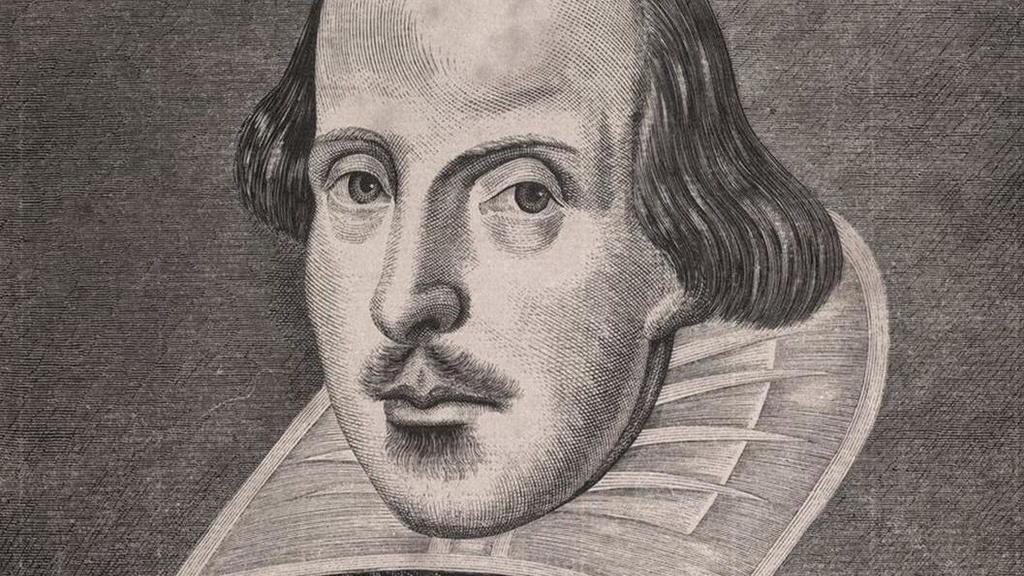
Shakespeare 2023: The Folio at 400 & the Plays Now
The year 2023 marks the 400th anniversary of the publication of Shakespeare’s first folio—the publication that provided the first printing of eighteen plays, including Macbeth, The Tempest, and Antony and Cleopatra. The UI Theatre Department will be producing a play by Shakespeare in Fall 2023, and this working group will bring together scholars and departments to coordinate the program around that play, the anniversary, and the historical and contemporary meaning of the plays after 400 years.
If you would like to learn more about this group, please contact its co-directors, Blaine Greteman (blaine-greteman@uiowa.edu) and Mary Mayo (mary-mayo@uiowa.edu).
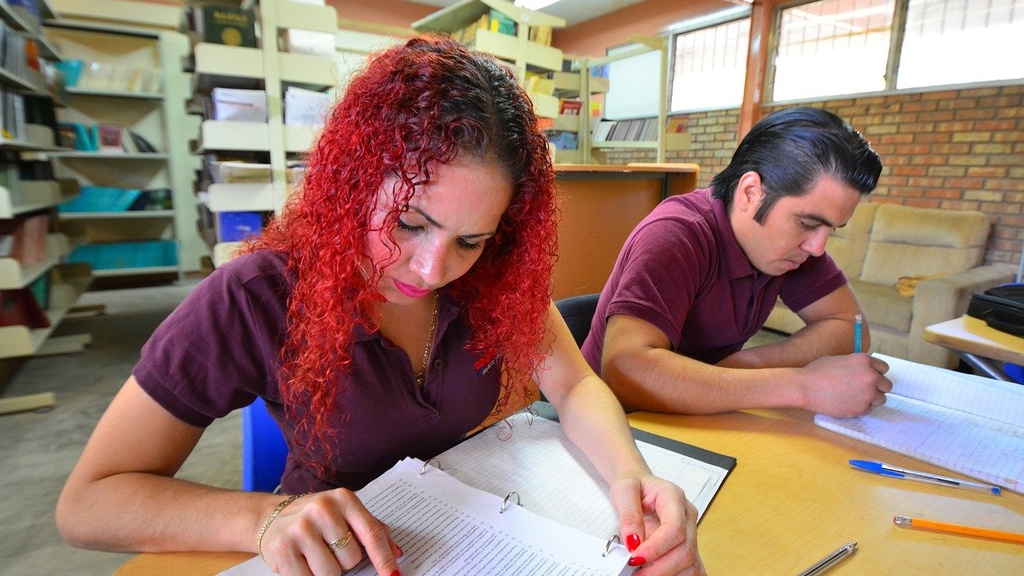
Spanish Heritage Speakers in the Classroom
The goal of this working group is to bring together scholars, graduate students, and instructors interested in discussing the particular contextual factors that affect Heritage Language speakers at the University of Iowa (those who grew up speaking Spanish at home or in communities where Spanish is a minority language) and in the broader context of the state of Iowa. Specifically, to frame our goals, we will use the approach of Critical Language Awareness, which emphasizes how oppressed groups can critically evaluate their surroundings and seek change through empowering, critiquing and questioning. At the end of our Working Group period, we will have a clearly articulated set of objectives for the University of Iowa Spanish Heritage Language Program. We will establish a set of curricular goals that will serve the needs of Heritage Language students and include Critical Language Awareness as a cornerstone.
To learn more about this working group, please contact its co-directors, Christine Shea (christine-shea@uiowa.edu) and Becky Gonzalez (rebecca-gonzalez-1@uiowa.edu).
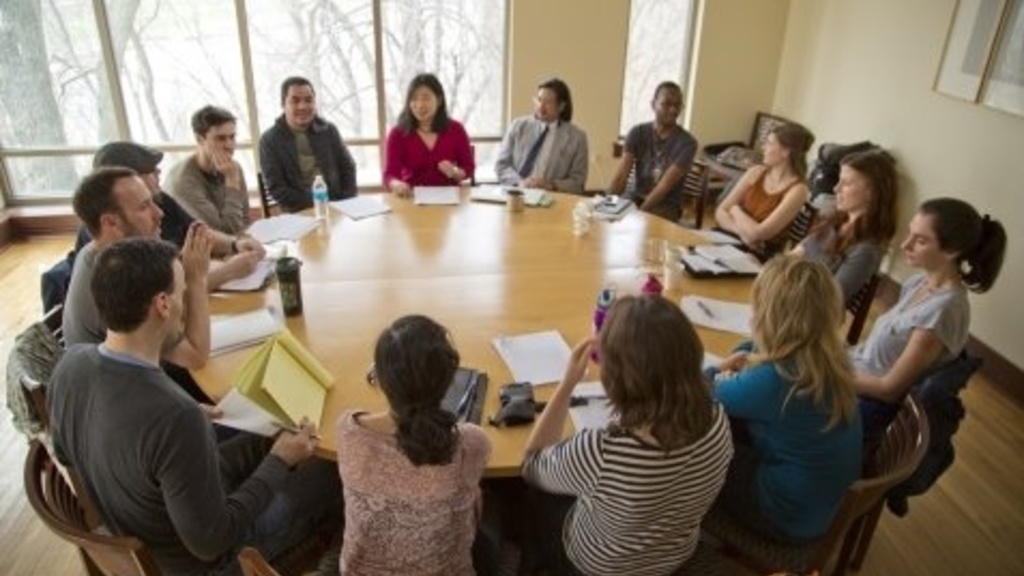
Teaching with Writing
Formerly the Writing University Working Group, the Teaching with Writing Working Group provides a space for faculty and staff to come together to talk and learn about teaching with writing in the disciplines through reading and research and by consulting with Writing across the Curriculum (WAC) experts from other universities. As an “action research” group, we also plan and implement programming: formal and informal talks with instructors in different Iowa departments; Institutes for Teaching with Writing; and a possible intensive Teaching with Writing pilot in selected CLAS departments. Because our goals are now closely focused on academic-writing infusion in different disciplines, the group is now composed of a diverse range of instructors and staff from departments and colleges across the UI campus.
To learn more about this working group, please contact its co-directors, Carol Severino (carol-severino@uiowa.edu) and Deirdre Egan (deirdre-egan@uiowa.edu).
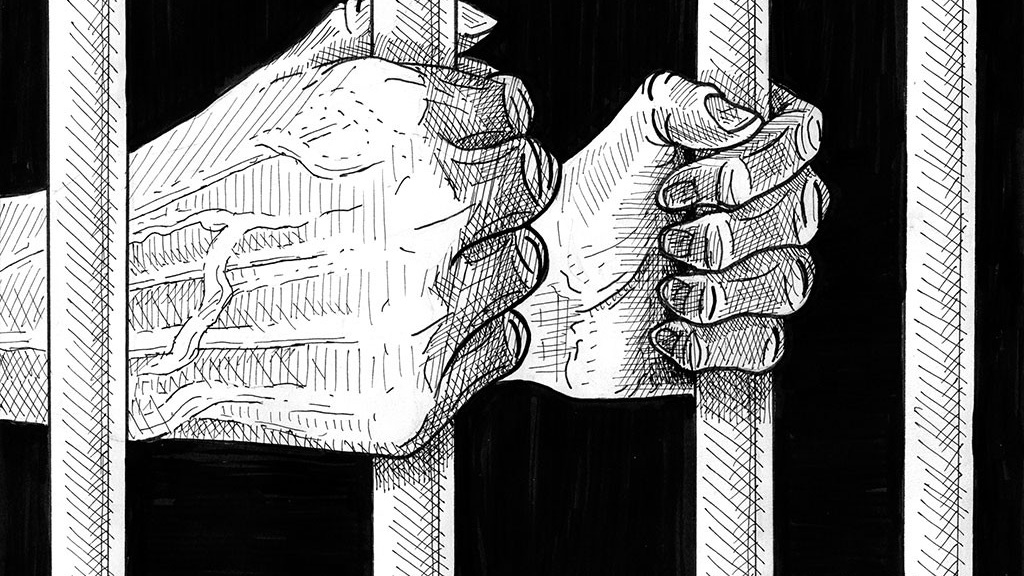
Transform(ED) Justice Collaboratory
The Transform(ED) Justice Collaboratory envisions a future where the abolition of the carceral system is a reality and the dignity of all humanity is acknowledged, valued, and protected, regardless of race, gender, sexual orientation, physical and mental abilities, or socio-economic status. The group works toward abolition using education—inside and outside—as our primary tool. We work to transform justice policy and the legal system to center rehabilitation, resilience, and restoration of relationships. At the same time, we support students in higher education who are system-involved, amplify their voices in policy conversations, and work to create a university culture that recognizes system-involved students, staff, and faculty as important contributors to diversity and our community. The Transform(ED) Justice Collaboratory engages academics, practitioners, and community members from across disciplines, across the state, and throughout the country and uses data, research, narrative, and art to effect community-driven change.
To learn more about this working group, please contact its co-directors, Heather Erwin (heather-erwin@uiowa.edu) and Daria Fisher Page (daria-fisherpage@uiowa.edu).

Translation across the Humanities
Across the humanities, translation has always been either an object or a mode of inquiry. Many U.S. scholars who work with non-English sources often incorporate passages they translate into their published work, and of course continuously do their own translations for their research and teaching. Scholars who do translation come from a wide range of disciplines, such as Classics, Philosophy, Religious Studies, History, English, Art History, various area studies, and of course, Literary Translation. However, most such scholars have little or no training in translation studies and often do their translations in a somewhat unreflective way. The purpose of this working group is to cultivate a learned and thoughtful community of scholars who do translation at the University of Iowa and that supports both the professional development of each faculty member as well as translation as an interdisciplinary field of practice and study.
To learn more about this group, please contact its co-directors, Aron Aji (aron-aji@uiowa.edu) and Morten Schlütter (morten-schlutter@uiowa.edu).